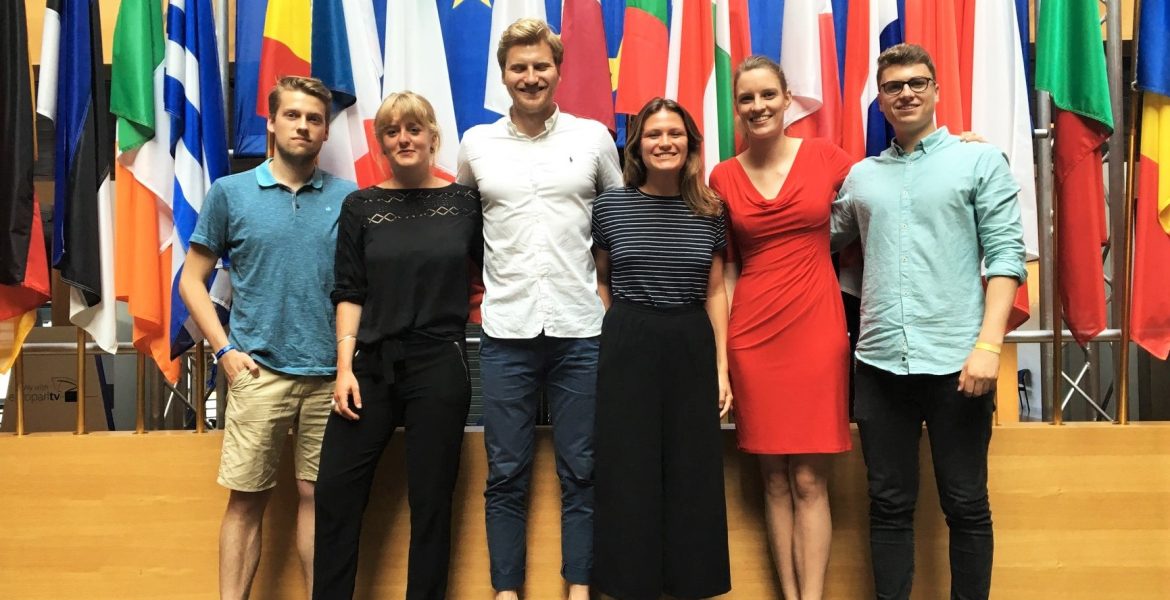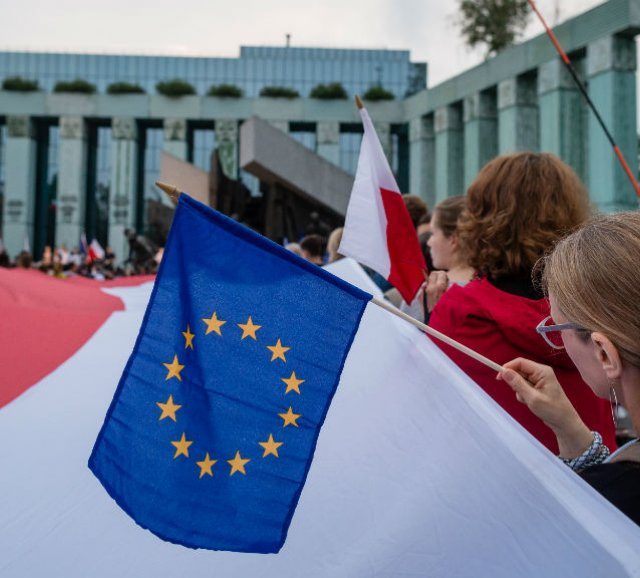On 1-2 December a new generation of over 200 hundred activists, scholars and policymakers will be gathering online to debate the current state and future of EU citizenship, by responding to 6 panels:
- What is the Current State and Outlook for European Citizenship?
- How to Strengthen the Enforcement of European Rights, Values and the Rule of Law?
- Putting European Citizenship Education on the Agenda: How to Make it Central to the EU Recovery Plan?
- – Public Debate – How to Push Back the Boundaries of the European Citizenship Within the EU and in Neighbouring Countries?
- How can Civil Society and the European Parliament Achieve Full Political Rights for EU Citizens on the move?
- Should New Social, Environmental, and Health Rights be Added to European Citizenship?
As Europe starts to emerge from the pandemic which swept aside the freedom of movement, the first right of the European citizen, now is the time for bold ideas about the future of this first transnational citizenship of the modern era. These are the recommendations from the ECIT foundation to this 5th annual event:
- EU citizenship should be more actively promoted by the EU, which means bringing together its features of rights, participation and belonging in a charter as demanded by the ECIT foundation and the European Parliament. This unique status is popular but has not yet achieved its potential. Too scattered across EU structures and committees, it is everyone’s and no one’s responsibility and so means different things to different people. An all-party group of MEPs is one idea the Conference will promote.
- “A message has to go out that this citizenship can only have substance if it is more explicitly linked to respect for fundamental rights” – Tony Venables, Founder of ECIT Foundation. It should be a citizenship bringing people together around common values of democracy and the rule of law, which are currently under threat by nationalistic vetoes of the EU Council and authoritarian pressures encouraged by the emergency measures to curb the pandemic.
- EU citizenship should envision living together in Europe for the long term with childrens’ rights, well-being and democratic participation at its core. It should become an equal status with rights to be informed, educated and available for all to be able to participate in an Erasmus exchange programme. This Declaration sets out how the EU should act to make citizenship education central to the “Next Generation Europe” budget and recovery plan.
- Why the political rights linked to freedom of movement are limited to municipal and European elections and how come that even these do not work? A team of Erasmus students will present their citizens’ initiative and proposals to reform these rights and extend them to regional, national elections and referendums. In addition, 27 years after EU citizenship was added as an evolutionary status by the Maastricht Treaty, is it not the time to add new social, environmental and health rights? Such reforms would bring the citizenship status up-to-date and make it more relevant to those who stay at home, not just to those on the move.
- Finally, being a citizen of Europe has deeper historical roots and wider geographical reach than a status tied solely to being a national of an EU Member State. The ECIT foundation should continue to promote a more inclusive citizenship both within the EU and in neighbouring countries.
There are enough opportunities to put forward such challenges to strengthen and reconfigure EU citizenship. The Commission is expected to launch its Citizenship Report 2020 and reforms of the existing political rights under its 2021 work programme. A Democracy Action Plan is about to be published. Citizens should be involved in a debate about how they see their own citizenship in the forthcoming Conference on the Future of Europe.




